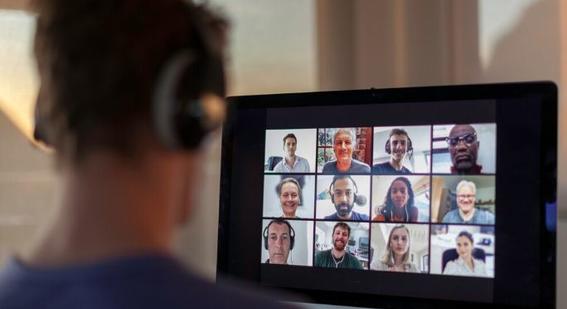Coherent and resilient education systems post-COVID: championing proactive policy making

On 18 November 2020, government and civil society officials from across the world joined Cambridge and Brains Global for the latest Global Online Learning Alliance video meeting. In the wake of the pandemic, as many countries start to think about how to move their education systems forward, this meeting looked at how we can take a holistic view of education which builds resilience into policy and practice. This conference followed a natural progression of previous meetings which have explored the challenges and interventions in response to the disruption caused by Covid-19. This latest video meeting encouraged participants to share insights across borders, from how to avoid the danger of a new digital divide to how the pandemic has affected education policy and budgets.
During the break-out sessions, participants were keen to express their thoughts on a wide range of issues from building teacher capacity to blended learning to social and emotional well-being, yet all were keen to express their thoughts on the central theme of building resilience into education systems. The experience of 2020 now requires that the world of education needs heroes, champions of policy reform in what could turn out to be a golden age for re-engineering key aspects of education ecosystems. The discussions were wide and the following, though not exhaustive, are a selection of key recommendations regarding developing coherence and resilience.
- Now is the time for departments of education to conduct up-to-date censuses to better appreciate the lessons learnt from the effects of Covid.
- Given the expected expansion of online learning, the involvement of parents is essential in what, over time, could develop into varying forms of home-schooling ecosystems. A whole government approach is essential. The work is too much for ministries of education alone and requires multiple arms of government.
- Serious policy commitments are required regarding investment into ICT infrastructures and far more robust partnerships are required with telecommunications operators.
- Collaboration will be the watchword of the future – collaboration with parents, local communities, teacher collaboration and even the potential of collaboration between governments to mitigate the large capital costs of ICT.
- Budgets are of particular concern given the economic consequences of Covid, and there were calls for the ring-fencing of education and far quicker leveraging of funds available from the multilateral community.
- Building resilience in education requires accountability from policymakers and school leaders.
- Strong collaboration with the private sector is another essential ingredient in building resilience, including the technology solution providers who will play a role in blended learning of the future.
- Flexibility is required in the future, such as in planning academic timetables and determining the content to be evaluated.
- Evidence-based policymaking is essential and emergency interventions now need long-term policy solutions with data garnered from the pandemic experience.




